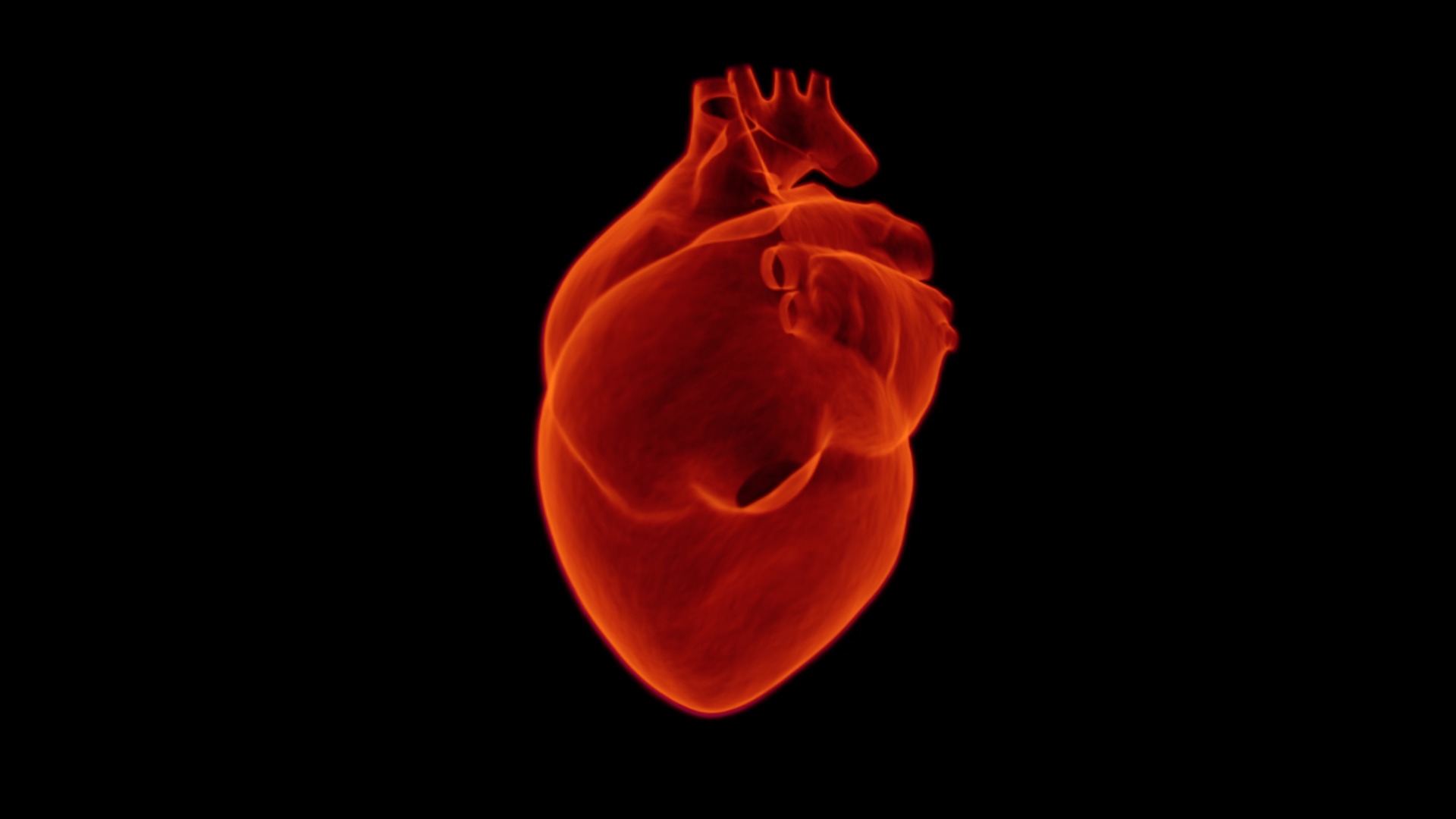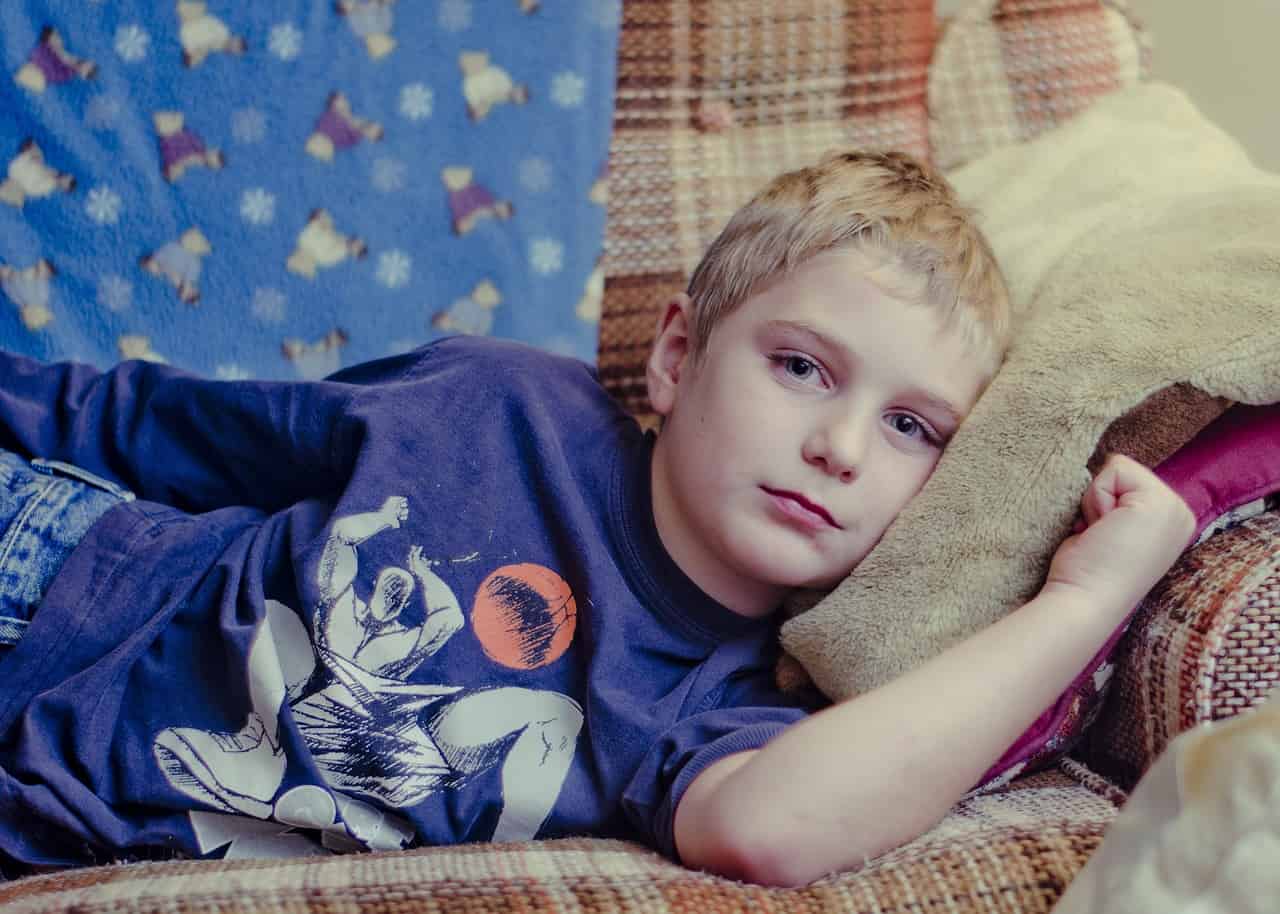
In the UK liver disease is the third leading cause of premature death. In many cases, the only solution is a liver transplant. Unfortunately, patients’ bodies frequently reject the transplant and those donated livers go to waste.
Researchers at the University of Edinburgh are developing a laser technique that can spot problems in donated livers before a transplant. Stimulated Raman spectroscopy (SRS) is a laser that can find issues difficult for surgeons to detect.
“We didn’t expect to find such a clear difference in Raman signal between damaged and undamaged liver tissue,” says Dr. Katherine Ember, one of the leads on the project. “This could enable liver damage to be detected early in the transplant procedure, allowing more livers to be transplanted safely and effectively.”
Those who have their transplanted livers rejected need, at a minimum, to go back for another invasive surgery. The SRS would mean that more operations end in a successful transplant. It also means that marginal grafts – livers donated by the elderly – become less risky.
Real time information
The real innovation of the SRS is what it replaces. The current way to test a liver is a laborious process involving biochemistry and gas analysis. Instead, the SRS simply shines a light directly on the organ. The scattered light is then collected and can give molecular information on the liver.
The researchers used the SRS on a pig liver and were able to detect bad red blood cell build up, also known as congestion. The idea would be to turn the SRS into a handheld laser for surgeons for use during transplants. Surgeons could then monitor the liver in real time and ensure that common complications are caught early.
Makes other surgeries better
Though the SRS still needs human testing, it shows promise. A novel use for the SRS is with a surgery known as normothermic regional perfusion (NRP). NRP uses a machine to re-establish blood circulation to donated organs after death. It means that issues like congestion do not necessarily spell the end for a donated organ. Combined with the SRS, the future is being able to detect and fix organ issues before a transplant even happens.







